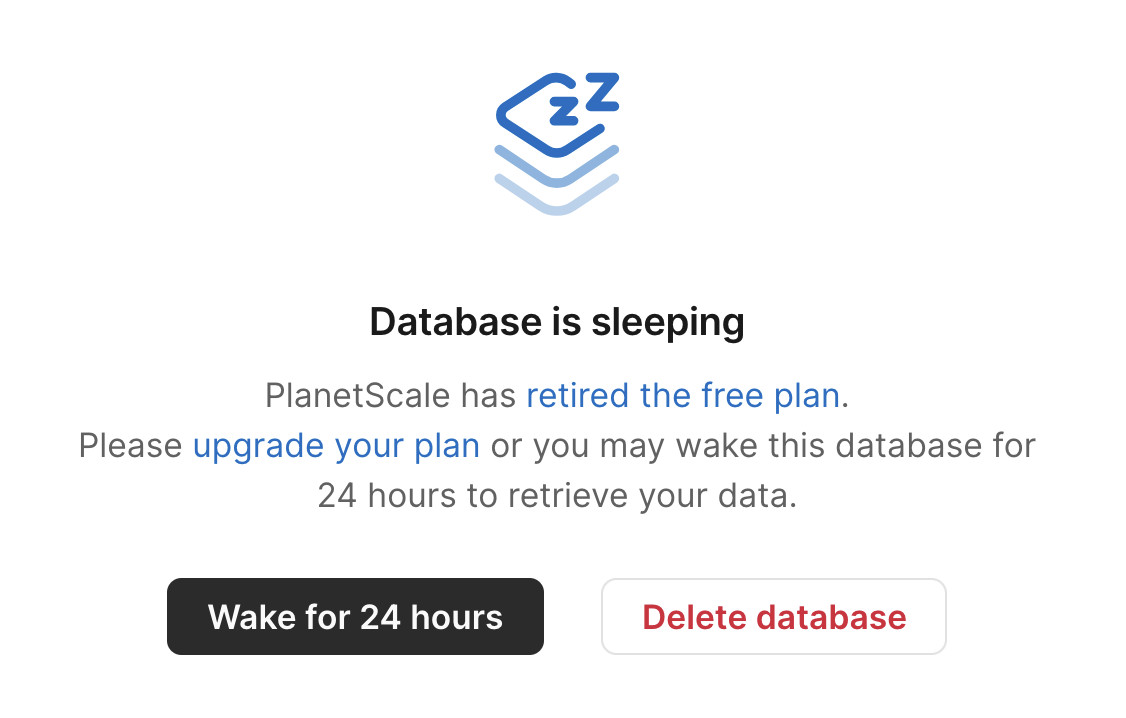Tuesday, 1st July 2025
Using Claude Code to build a GitHub Actions workflow. I wanted to add a small feature to one of my GitHub repos - an automatically updated README index listing other files in the repo - so I decided to use Descript to record my process using Claude Code. Here's a 7 minute video showing what I did.
I've been wanting to start producing more video content for a while - this felt like a good low-stakes opportunity to put in some reps.
I just sent out the second edition of my sponsors only monthly newsletter. Anyone who sponsors me for $10/month or more on GitHub gets this carefully hand-curated summary of the last month in AI/LLMs/my projects designed to be readable in ten minutes or less.
My regular newsletter remains free - the monthly one is the only paywalled content I produce, the idea being that you can pay me to send you less.
Here's the first edition for May 2025 as a preview of what you can expect. You'll get access to the June digest and the full archive automatically if you decide to start sponsoring.
To misuse a woodworking metaphor, I think we’re experiencing a shift from hand tools to power tools.
You still need someone who understands the basics to get the good results out of the tools, but they’re not chiseling fine furniture by hand anymore, they’re throwing heaps of wood through the tablesaw instead. More productive, but more likely to lose a finger if you’re not careful.
— mrmincent, Hacker News comment on Claude Code
Announcing PlanetScale for Postgres. PlanetScale formed in 2018 to build a commercial offering on top of the Vitess MySQL sharding open source project, which was originally released by YouTube in 2012. The PlanetScale founders were the co-creators and maintainers of Vitess.
Today PlanetScale are announcing a private preview of their new horizontally sharded PostgreSQL solution, due to "overwhelming" demand.
Notably, it doesn't use Vitess under the hood:
Vitess is one of PlanetScale’s greatest strengths [...] We have made explicit sharding accessible to hundreds of thousands of users and it is time to bring this power to Postgres. We will not however be using Vitess to do this.
Vitess’ achievements are enabled by leveraging MySQL’s strengths and engineering around its weaknesses. To achieve Vitess’ power for Postgres we are architecting from first principles.
Meanwhile, on June 10th Supabase announced that they had hired Vitess co-creator Sugu Sougoumarane to help them build "Multigres: Vitess for Postgres". Sugu said:
For some time, I've been considering a Vitess adaptation for Postgres, and this feeling had been gradually intensifying. The recent explosion in the popularity of Postgres has fueled this into a full-blown obsession. [...]
The project to address this problem must begin now, and I'm convinced that Vitess provides the most promising foundation.
I remember when MySQL was an order of magnitude more popular than PostgreSQL, and Heroku's decision to only offer PostgreSQL back in 2007 was a surprising move. The vibes have certainly shifted.
Using LLMs for code archaeology is pretty fun.
I stumbled across this blog entry from 2003 today, in which I had gotten briefly excited about ColdFusion and implemented an experimental PHP template engine that used XML tags to achieve a similar effect:
<h1>%title%</h1> <sql id="recent"> select title from entries order by added desc limit 0, %limit% </sql> <ul> <output sql="recent"> <li>%title%</li> </output> </ul>
I'd completely forgotten about this, and in scanning through the PHP it looked like it had extra features that I hadn't described in the post.
So... I fed my 22 year old TemplateParser.class.php file into Claude and prompted:
Write detailed markdown documentation for this template language
Here's the resulting documentation. It's pretty good, but the highlight was the Claude transcript which concluded:
This appears to be a custom template system from the mid-2000s era, designed to separate presentation logic from PHP code while maintaining database connectivity for dynamic content generation.
Mid-2000s era indeed!
Sometimes a service with a free plan will decide to stop supporting it. I understand why this happens, but I'm often disappointed at the treatment of existing user's data. It's easy to imagine users forgetting about their old accounts, missing the relevant emails and then discovering too late that their data is gone.
Inspired by today's news about PlanetScale PostgreSQL I signed into PlanetScale and found I had a long-forgotten trial account there with a three-year-old database on their free tier. That free tier was retired in March 2024.
Here's the screen that greeted me in their control panel:

What a great way to handle retiring a free plan! My data is still there, and I have the option to spin up a database for 24 hours to help get it back out again.
One of the best examples of LLM developer tooling I've heard is from a team that supports software from the 80s-90s. Their only source of documentation is video interviews with retired employees. So they feed them into transcription software and get summarized searchable notes out the other end.
— Kevin Webb, a couple million lines of Smalltalk
TIL: Using Playwright MCP with Claude Code. Inspired by Armin ("I personally use only one MCP - I only use Playwright") I decided to figure out how to use the official Playwright MCP server with Claude Code.
It turns out it's easy:
claude mcp add playwright npx '@playwright/mcp@latest'
claude
The claude mcp add command only affects the current directory by default - it gets persisted in the ~/.claude.json file.
Now Claude can use Playwright to automate a Chrome browser! Tell it to "Use playwright mcp to open a browser to example.com" and watch it go - it can navigate pages, submit forms, execute custom JavaScript and take screenshots to feed back into the LLM.
The browser window stays visible which means you can interact with it too, including signing into websites so Claude can act on your behalf.